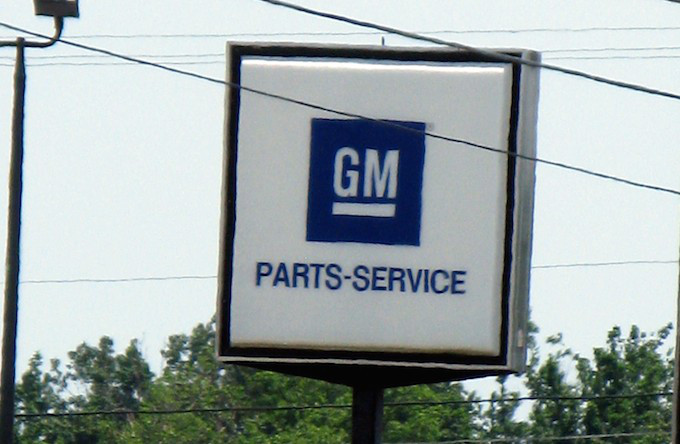Report: GM Threatened With Regulatory Investigation Before Issuing Recall For Fire-Prone Hummers
Jalopnik, citing sources with the National Highway Traffic Safety Administration, reported earlier today that General Motors only recalled the model year 2006 to 2010 Hummer H3 and model year 2009 to 2010 H3T after regulators threatened to open a formal investigation into the issue.
According to GM, the issue with the Hummer vehicles is related to an electrical part in the heating and cooling system that can overheat and cause a fire inside the dashboard.
Jalopnik reports that the first fire related to the blower issue occurred in August 2008 and was reported to NHTSA the following month.
However, a chronology report [PDF] posted by NHTSA at the time of the recall alleges the company only learned about the issue after receiving two consumer complaints through its Speak Up For Safety program in September 2014.
Three months later, GM says it opened a safety field investigation into the Hummer H3 blower motor.
During the investigation, GM analyzed complaints, incident reports, warranty data, and other field data, and “concluded that the blower motor connector issue was isolated to the subject Hummer H3 and H3T vehicles.”
GM’s investigation also confirmed that the mismatched electrical conductivity could result in overheating and melting of the blower motor connector module.
Despite the findings, in April 2015, GM closed the investigation without further action.
When the company reviewed its decision with NHTSA, the agency “asked additional questions and directed GM to additional [reports] that appeared to be related to this issue.”
The NHTSA source tells Jalopnik that at this point, knowing GM’s history of downplaying potential safety issues, the regulator threatened the company to either recall the vehicles or face a formal investigation.
After one more discussion, the manufacturer made the decision to conduct a safety recall in early July.
At the time the recall was announced, GM said it was aware of several reports of fires, including three that resulted in minor burns.
But Jalopnik asserts that instead of the previously reported 20 complaints submitted to NHTSA, there have actually been 73 incidents involving vehicle’s HVAC blower motor. Those reports detail parts of the car being burned or melted and, in some cases, fire causing the total loss of the vehicle.
“Was traveling through a parking lot, noticed a glow from the corner of my eye, and something dripped from under the passenger glovebox,” one complaint states. “There was a funny smell. I immediately stopped and told my passenger to get out and noticed a fire under the passenger glovebox.”
“Pulling into my stepson’s school, I began to smell and see smoke,” another Hummer owner writes to NHTSA. “When I got closer to the parking area, sparks began to fall from underneath the right passenger dash. I immediately parked the car and ran around to the right passenger side and opened the door… I have searched online and found that this is a common reoccurring problem with Hummers and there are many reports similar to my experience.”
As we all probably know by now, this wouldn’t be the first time that GM has let potential safety issues go unchecked. The company’s massive ignition switch defect – which has currently been linked to more than 120 deaths – went unreported for more than a decade before the company finally announced a recall in 2014.
But, of course, GM isn’t the only one to blame behind the igntion switch or Hummer recall delays. A recent 42-page report [PDF] by the Transportation Department’s Office of Inspector General claims inadequate data and analysis in NHTSA’s processes undermines its ability to identify and investigate vehicle safety concerns.
Specifically, the audit found systematic flaws contributed to the decades-long delay in identifying and addressing GM’s ignition switch defect.
GM Didn’t Recall The Hummer Over Fires Until The Feds Threatened Them [Jalopnik]
Want more consumer news? Visit our parent organization, Consumer Reports, for the latest on scams, recalls, and other consumer issues.


